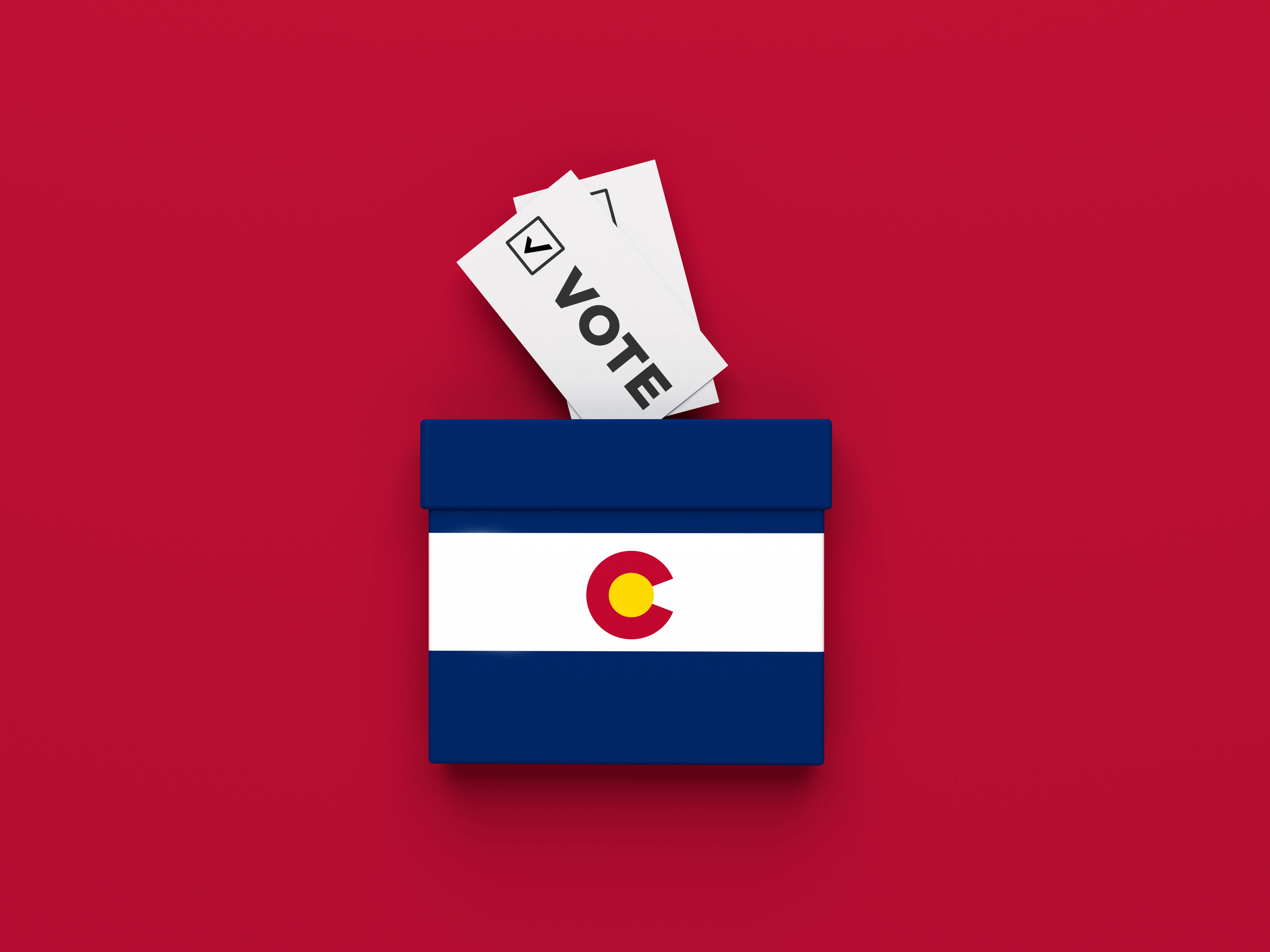
Colorado lawmakers introduce bills to overhaul state tax code
© iStock - Ligorko
(The Center Square) — Colorado lawmakers introduced a pair of bills this week that seek to overhaul the state’s tax code.
House Bill 21-1311 would revise corporate tax reporting standards, limit itemized deductions, and restrict contributions to tax-savings accounts to subsidize increases to the earned income tax credit and the state’s child tax credit.
House Bill 21-1312 would update several provisions of the state’s property tax code and also initiate a phasing-out of tax credits and exemptions for the coal industry.
Both bills are sponsored by a Democrat coalition of Sens. Chris Hansen, D-Denver, and Dominick Moreno, D-Commerce City, and Reps. Emily Sirota, D-Denver, and Mike Weissman, D-Aurora.
Supporters of the bills say they do three important things: increase tax fairness, close loopholes for the wealthy, and modernize the tax code.
Scott Wasserman, president of the Bell Policy Center (BPC), a left-leaning think tank, described the bills as “important” for the structural integrity of the state budget going forward.
“Politicians always talk about cleaning up the tax code, but this is one of the first attempts to really do it,” he said. “We have a structural budgetary deficit in this state. When is it going to be the right time to address it?”
According to state economic forecasts, Colorado’s tax revenue will soon return to pre-pandemic levels. However, Wasserman said that the revenue may not be enough to keep up with long-term population and inflation growth.
Wasserman also cautioned that having this discussion during a different pandemic may have more dire consequences. The COVID-19 recession has been accompanied by boatloads of federal relief spending, something that would be absent under more normal economic conditions, he said.
The bills’ critics say they amount to another affront to the Taxpayer's Bill of Rights (TABOR). The constitutional amendment requires voter approval for any tax increases.
Ben Murrey, director of fiscal policy for the libertarian-leaning Independence Institute, said the bills are another example of the Democratic majority's "utter contempt for taxpayers" and TABOR.
“These two bills are no exception,” Murrey told The Center Square. “Once again, the legislature has found a way to increase taxes on Colorado residents and businesses by hundreds of millions of dollars per year without voter consent.”
He also said the bills resemble other measures the legislature has passed that raise taxes without voter consent.
In 2020, lawmakers passed House Bill 20-1420, which repealed tax benefits for small businesses and shifted funding to provide tax credits for social programs. Its fiscal note projected that state revenue would increase by over $32 million in 2021.
HB 1311 would raise general fund revenue by $13 million this year. Over the next two years, the legislation could bring in an additional $63 million in 2022 and $104 million in 2023, according to its fiscal note.
HB 1312 is expected to increase state revenue by between $133 and $135 million in 2021. Next year, the bill could increase revenue by as much as $155 million, according to its fiscal note.
Both bills will be heard by the House Finance Committee on Friday.

















